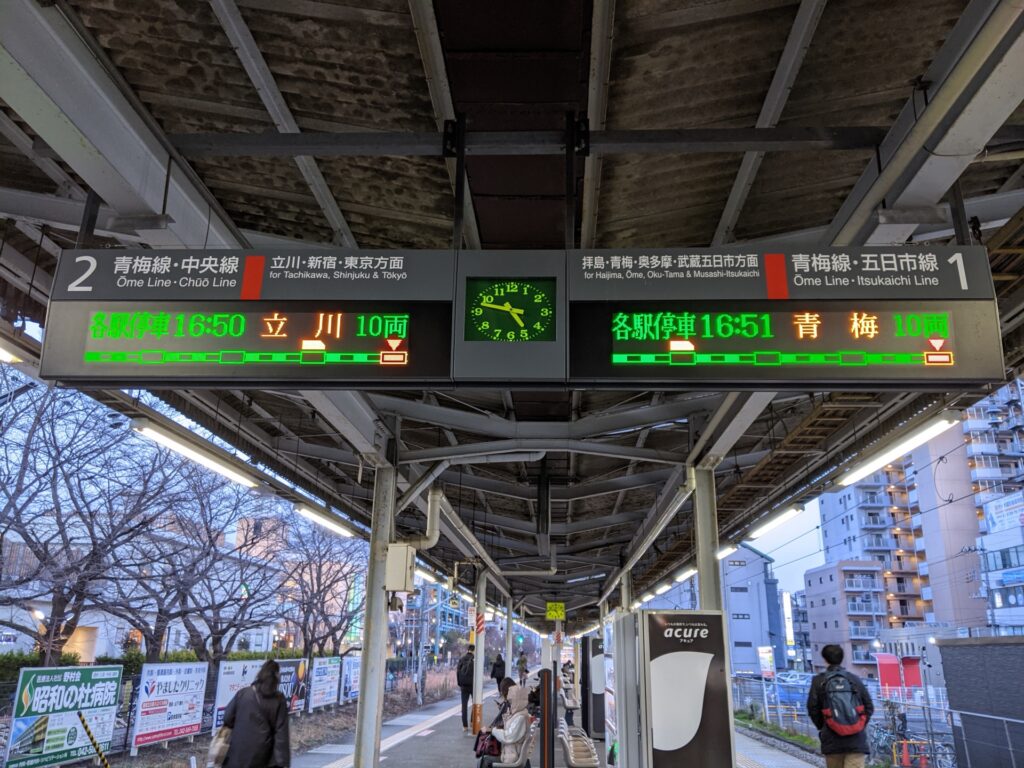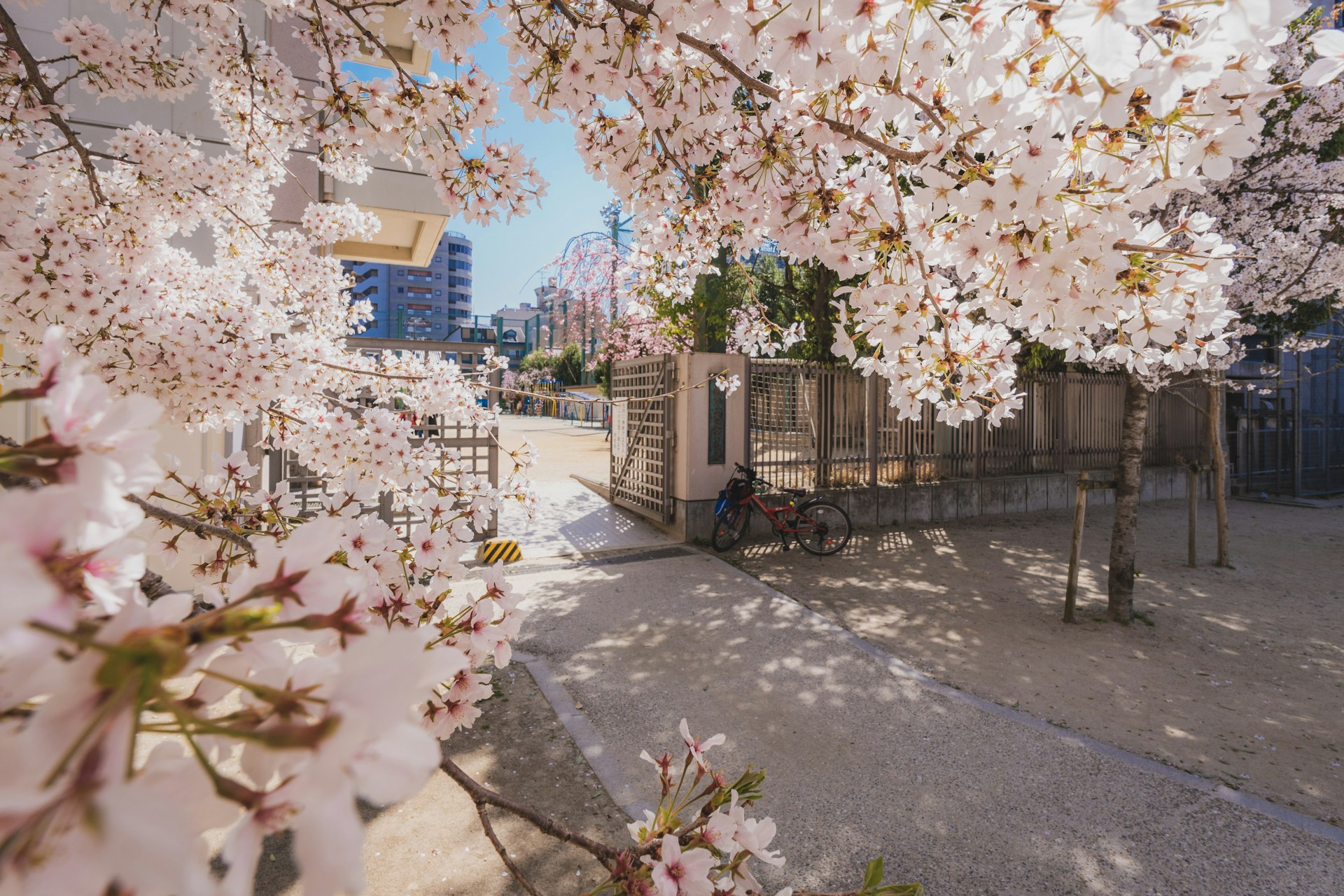Punctuality in Japan isn’t just a courtesy—it’s a deeply ingrained social norm that reflects respect, efficiency, and harmony. From perfectly on-time trains to strict business etiquette, this article explores the roots and implications of Japan’s time-conscious culture, providing practical advice for visitors, expats, and professionals alike.
Understanding the Cultural Importance of Punctuality in Japan
Punctuality in Japan is not merely a formality—it is a deeply embedded cultural value that reflects respect, social harmony, and personal integrity. This precise time consciousness is shaped by historical, philosophical, and societal factors.
The influence of Confucianism is especially significant. Its emphasis on order, respect, and duty has left a lasting imprint on Japanese culture. In this framework, time is considered a shared resource, and wasting it—whether one’s own or others’—is viewed as inconsiderate. Japan’s collectivist society also promotes group harmony (wa), and individual actions that disrupt this balance, such as tardiness, are strongly discouraged.
After World War II, Japan’s period of rapid economic growth further entrenched punctuality as a symbol of professionalism and civic duty. Today, timeliness is seen in everything from the precise operation of trains to the daily routines in schools.

How Punctuality Manifests in Daily Japanese Life
Japanese society offers countless real-life examples of how punctuality is embedded in daily life. Whether in the nation’s ultra-reliable public transportation system, the school environment, or social etiquette, being on time is an expected norm.
Children are taught the importance of time from an early age. School days begin with morning assemblies, and lateness is often recorded and sometimes publicly acknowledged. Social engagements typically involve arriving 5–10 minutes early, as being exactly on time or slightly early is viewed as courteous. Even minor delays may be interpreted as a lack of interest or respect.
Tourists are often amazed at the clockwork precision of Japanese trains. Delays over one minute warrant formal announcements and even the issuance of delay certificates. In professional settings, meetings begin exactly as scheduled, with participants often arriving in advance to prepare.
Punctuality in Public Transportation

Japan’s rail system is one of the most punctual in the world. According to Japan’s Ministry of Land, Infrastructure, Transport and Tourism, trains in Tokyo average less than one minute of delay per train per year. The timeliness is so consistent that passengers routinely rely on train schedules to sync their daily lives.
When delays do occur—even just by one or two minutes—rail companies issue “chien shoumei-sho” (delay certificates). These are provided to passengers who need to justify their lateness to employers or schools, further highlighting the rarity and importance of punctuality.
| Country | Average Train Delay (per train/year) |
| Japan | <1 minute |
| Germany | ~15 minutes |
| USA (Amtrak) | ~20 minutes |
| Brazil | Not consistently measurable* |
*Note: In Brazil, due to inconsistent scheduling and infrastructure, precise data on average delays is often unavailable.
Time Expectations in Social Settings

Punctuality is just as important in informal settings. Whether meeting friends, attending a casual dinner, or participating in a club activity, arriving on time shows consideration. The social norm is to arrive 5–10 minutes early, and even a slight delay—especially without notice—can be viewed negatively.
To avoid being late, many Japanese people plan with buffer time and check routes and transit in advance. For those unfamiliar with these expectations, adapting may require a conscious effort.
Punctuality in Japanese Business Etiquette
In the professional sphere, punctuality is a fundamental aspect of trust and credibility. Meetings begin exactly on schedule, and arriving early signals preparedness and professionalism. Being late to interviews or client appointments can severely damage relationships before they even begin.
Interestingly, while start times are rigidly observed, end times are more flexible. Overtime is common and often expected, reflecting dedication to the group’s success rather than individual schedules.


Consequences of Being Late in Professional Settings
Lateness in the workplace can have far-reaching effects. It not only harms personal reputation but may also reflect poorly on one’s team or organization. Even a five-minute delay may be seen as a sign of poor planning or lack of commitment.
In team-oriented work environments, one person’s tardiness can impact the workflow of the entire group. However, while punctuality for starting times is strictly enforced, flexibility often exists around the workday’s end due to Japan’s overtime culture.
How to Apologize Professionally for Being Late

If being late is unavoidable, swift and sincere communication is essential. Contacting the relevant party immediately and offering a formal apology demonstrates accountability.
Useful Apology Phrases:
- お待たせしてしまい大変申し訳ありません。 (“I’m very sorry for keeping you waiting.”)
- 遅れてしまい申し訳ありません。 (“I sincerely apologize for being late.”)
- ご連絡が遅れて申し訳ございません。 (“I apologize for the delay in contacting you.”)
Even if there’s a valid reason such as a train delay, minimizing the excuse and expressing remorse is key. The focus should be on the disruption caused and the intention to prevent future occurrences.
What Foreigners Should Know About Time Norms in Japan
For visitors and expats, adjusting to Japan’s strict time norms can be challenging. In many countries, a few minutes of delay is socially acceptable. In Japan, however, even minor lateness can cause discomfort or appear disrespectful.
Common pitfalls include underestimating commute times, not accounting for delays, or failing to understand the situational nuances of time sensitivity. In general, erring on the side of being early is the safest approach.
Expats often adapt by setting earlier alarms, leveraging the reliability of Japanese transit, and observing local behaviors. Flexibility and humility are essential when bridging cultural gaps.
Handling Cultural Differences in Perception of Time
Cultures in Latin America, Africa, and parts of Southeast Asia often take a more relaxed approach to time. Meetings may start late and schedules can be flexible. Compared to these norms, Japan’s punctuality may feel intense.
To respectfully adapt:
- Learn and follow Japanese expectations.
- Aim to arrive early rather than on time.
- Don’t hesitate to ask what’s appropriate for a specific situation.
Recognizing that Japanese punctuality is a form of respect helps foster mutual understanding and successful interactions.
Beyond Stereotypes: When Being Late is (Sometimes) Acceptable in Japan
While Japan is known for its strictness around time, there are exceptions. In rural areas like Okinawa, time is viewed more flexibly. Local community events or casual gatherings among close friends may start later than scheduled.
That said, even in relaxed contexts, people usually apologize for being late. The cultural expectation of consideration still applies. Understanding the level of formality and the nature of the relationship helps navigate these gray areas.
Punctuality and Education: Teaching Time Awareness from Childhood
Japanese schools instill punctuality from a young age. Daily routines, morning meetings, and structured schedules help teach the importance of being on time. Tardiness is recorded and addressed with seriousness.
Extracurricular activities such as club participation also reinforce this discipline. Students are expected to arrive early, stay until the end, and participate fully. These habits prepare them for the expectations of adult life.
This educational foundation makes punctuality second nature to many Japanese people, shaping a culture where being on time is the norm rather than the exception.

Final Thoughts: What Punctuality Teaches Us About Japanese Society
Ultimately, Japan’s dedication to punctuality reveals its deeper values: harmony, respect, discipline, and trust. Time is more than a schedule—it is a silent language that communicates intent, sincerity, and social alignment.
For tourists, professionals, and cultural observers alike, understanding Japan’s relationship with time offers invaluable insight into what keeps Japanese society cohesive. In Japan, being on time isn’t just polite—it’s a way of showing respect to everyone around you.











